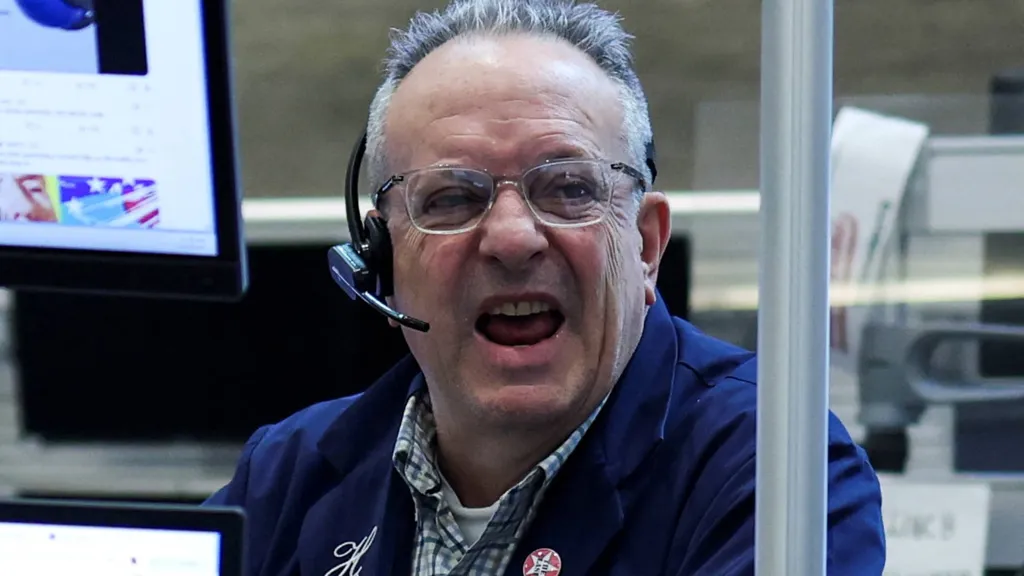The relief that Wednesday's partial tariff pause brought to Wall Street lasted for less than 24 hours, as Thursday saw stocks fall sharply in another volatile session and erase a big chunk of the prior rally. The sell-off was broad and deep, with the S & P 500 down more than 6% at its lows of the day. The U.S. dollar and long-term Treasury bonds also moved lower, and the Cboe Volatility Index spiked back above 40, as investors worry that big swings in the market may become a constant until a permanent picture emerges on trade.
"Trump's pause represents a clear policy stance change in the face of worries over extreme volatility in the Treasury market. However, we continue to expect significant uncertainty over the course of the 90-day period as the market digests how the remaining tariffs impact the U.S. economic growth outlook," Wolfe Research chief investment strategist Chris Senyek said in a note to clients.
While the tariff pause was certainly welcomed by traders, it did not do much to clear up questions about economic growth, especially given that tariffs on China are now set at 145%. Michael Gapen, chief U.S. economy Morgan Stanley, said on " The Exchange " that those tariffs could lead to a dramatic decline in trade volumes with one of the U.S.'s largest counterparties.
"It's very different to have, say, 25% on all your trading partners versus focusing all of that on one bilateral trade relationship. I think we are at a very substantial risk here of these trade volumes just falling off rapidly," Gapen said. "It is certainly a slower growth outlook, a firmer inflation outlook; I think all of that is clear. We just don't know where that non-linear threshold is between tariff rates and trade volumes."
Next up is negotiations with individual countries, which seem likely to generate a constant stream of headlines over the next three months -- or longer. When asked Thursday about potentially extending the tariff pause when the 90 days is up in July, Trump said, "we'll have to see what happens at that time." However, simply delaying the harsher tariffs even further may not be enough to build back confidence for investors, business leaders and consumers who have been rattled by the past week.
"Just the uncertainty alone can be enough to put everybody into retrenchment mode. Then you hire less, you spend less, consumers save more, and it all rolls up on itself even if it didn't have to," Gapen said.
